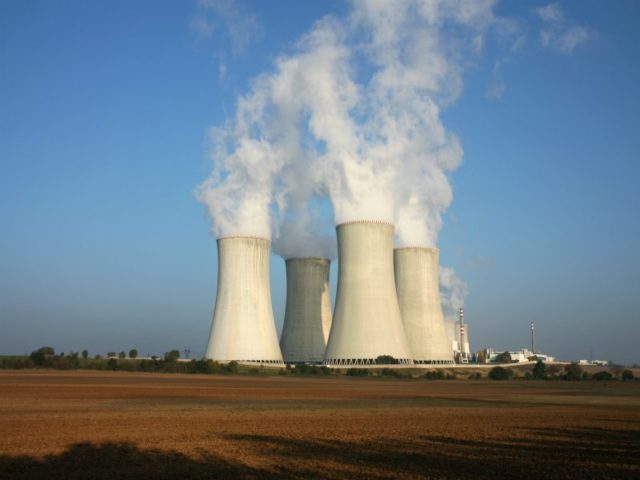By Tsvetana Paraskova
As many nuclear power plants in the United States risk closure before their operating licenses expire, earlier shutdowns will not threaten the reliability of US electricity, but could result in more emissions because zero-emission nuclear power will likely be replaced by fossil fuels such as natural gas and coal, the Union of Concerned Scientists (UCS) said in an analysis on Thursday.
Nuclear power is the single biggest low-carbon source of electricity in the U.S., with 99 nuclear reactors at 60 plants accounting for 20 percent of the U.S. electricity generation in 2017.
However, cheap and abundant natural gas in the United States, increased renewable energy use, limited demand, and rising costs at nuclear power facilities have made many of the nuclear plants unprofitable, the UCS said.
“More than one-third of US nuclear plants are unprofitable or scheduled to close. If they’re replaced by natural gas, emissions will rise—with serious consequences for the climate,” the union said.
The analysis found that without new policies and with early retirement of nuclear power plants, natural gas- and coal-fired capacity will fill in the gap, and this could lead to the emissions in the U.S. power sector rising by between 4 percent and 6 percent.
Policies encouraging carbon reduction would diversify the U.S. electricity mix and prevent early closures of nuclear plants, the UCS says, noting that nuclear generation would stay near reference-case levels, while renewable energy generation—predominantly wind and solar—would more than triple by 2035.
The UCS calls for carbon pricing, a low-carbon electricity standard, and financial support to nuclear plants, combined with strong clean energy policies and efforts to limit rate increases to consumers.
“The United States is facing a dilemma,” Steve Clemmer, co-author and director of energy research and analysis at UCS, said.
“Nuclear power plants are being squeezed economically at a time when we need every source of low-carbon power we can get to replace retiring coal plants and prevent an overreliance on natural gas. Strong policies can prevent the abrupt closure of nuclear plants that meet stringent safety standards, while we continue to ramp-up investments in renewables, efficiency and other low carbon technologies to drive down emissions.”
Source: Oilprice.com






